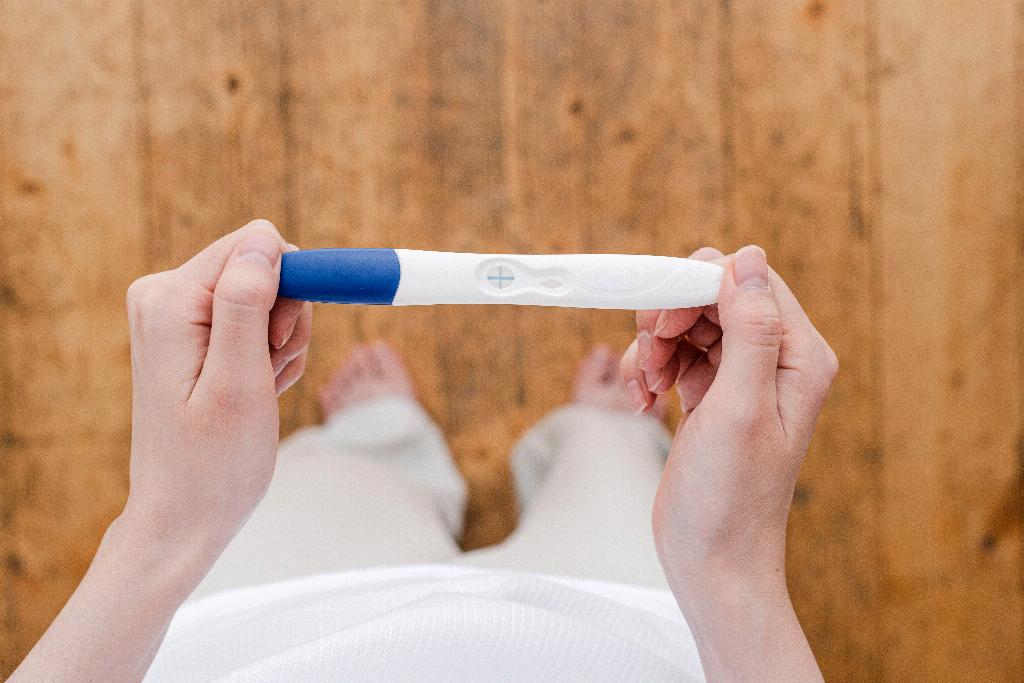Many women wonder about the relationship between PCOS (Polycystic Ovary Syndrome) and pregnancy. It’s important to note that while PCOS is known to cause infertility issues, women with PCOS can and do get pregnant. However, what happens after the baby arrives is a concern for many women with PCOS.
Postpartum Concerns
It is crucial to understand that having a baby does not magically cure PCOS. In fact, some of the symptoms associated with PCOS, such as hormonal imbalances and weight gain, can return or even worsen after pregnancy. Just because you have successfully given birth does not mean that PCOS has disappeared.
Hormonal Changes
After giving birth, there are significant hormonal fluctuations that occur in the body. These changes can have an impact on conditions like PCOS. The hormonal imbalance that is often a key feature of PCOS can be exacerbated during this time, leading to a resurgence of symptoms.
Menstrual Irregularities
One of the hallmark signs of PCOS is irregular menstrual cycles. After giving birth, it is not uncommon for women to experience disruptions in their menstrual cycles. For women with PCOS, these irregularities can be more pronounced, potentially indicating a return or worsening of the syndrome.
Insulin Resistance
Insulin resistance is another common feature of PCOS. During pregnancy, the body becomes more resistant to insulin to support the growing baby. After giving birth, this resistance can persist, especially in women with PCOS, leading to difficulties in managing blood sugar levels.
Weight Management
Weight gain is often associated with PCOS and can be challenging to manage. Pregnancy can further complicate weight management, and after giving birth, women with PCOS may find it harder to lose the baby weight, potentially exacerbating PCOS symptoms.
Managing PCOS Postpartum
It is essential for women with PCOS to be proactive in managing their condition after giving birth. This may involve working closely with healthcare providers to monitor symptoms, hormone levels, and overall health. Lifestyle modifications, such as maintaining a healthy diet and regular exercise, can also help in managing PCOS postpartum.
Seeking Support
It is important for women with PCOS to seek support and guidance during the postpartum period. Support groups, online forums, and healthcare providers can offer valuable resources and information to help navigate the challenges of managing PCOS after having a baby.
Future Fertility
For women who hope to have more children in the future, understanding how PCOS can affect fertility postpartum is crucial. Working with healthcare providers to monitor ovulation, hormone levels, and overall reproductive health can help in planning for future pregnancies.
Emotional Well-being
Managing PCOS postpartum not only involves physical health but also emotional well-being. The hormonal changes, challenges with weight management, and potential fertility concerns can take a toll on mental health. It is essential to prioritize self-care and seek support when needed.
Conclusion
In conclusion, PCOS can indeed persist or even develop after having a baby. It is essential for women with PCOS to be aware of the potential challenges that may arise during the postpartum period and to take proactive steps to manage their condition effectively. By staying informed, seeking support, and prioritizing self-care, women with PCOS can navigate the complexities of managing the syndrome after giving birth.

